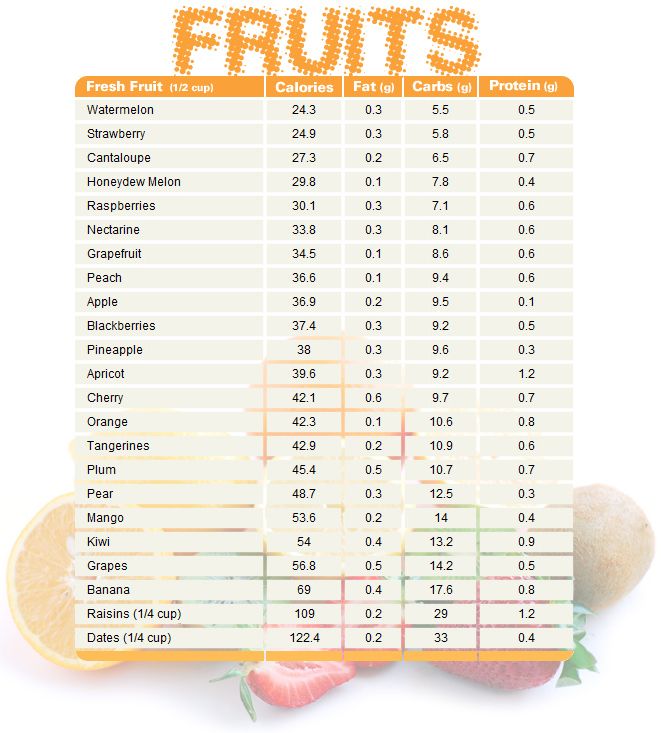Carbohydrate Calculator - Calculatorall.com
This carbohydrate calculator can be used for estimating carbohydrates percentage that you'll need to consume in your daily routine. Carbohydrates aren't the essential nutrients - all the energy that our body needs can be obtained from fats and proteins. The brain, however, and the neurons can't burn fat and they need glucose to fulfill their energy requirements. It is often recommended that, at least 130 grams carbohydrates are consumed each day. This is, basically, the minimal glucose usage on average that is used by our brain in daily routine. However, you can use this carbohydrate calculator to determine specific needs of your body other than this recommended figure. c

What Are Carbohydrates?
Carbohydrates are the organic compounds which comprise of hydrogen, carbon and oxygen only where the ration between hydrogen and oxygen is 2:1. Carbohydrates, fats and proteins are considered to be amongst most significant elements when it comes to ensuring good nutrition for a human being. Almost 3.75 calories energy is contained in 1 gram carbohydrates which equals 106 calories/ounce.
Carbohydrates are further divided into simple carbohydrates and complex carbohydrates. The foods that have high content of simple carbohydrates are fruits, sweets, soft drinks and sugars. Anything that is made mainly using rice, corn, wheat, beans and potatoes - like noodles, pastas, breads, etc. - have high content of complex carbohydrates. Generally, complex carbohydrates are recommended by the nutritionists, along with simple carb foods rich in nutrients, like fruit and the dairy products for bulk carbohydrate consumption. Consuming these foods will allow you to have both fructose/glucose and lactose that your body needs. The simple sugars like the ones in sugary drinks and candies are usually not recommended.
According to the effects of carbs on risk of obesity and heart diseases, it is often recommended that the adults should get 40-65 percent of their energy from dietary carbohydrates. The WHO and the Food & Agriculture Organization have also jointly recommended that you should set a goal to get 55-75 percent of your total energy through carbohydrates. However, energy that you get from sugars directly should be kept at around 10 percent only.
You can use this carbohydrate calculator to determine how much of carbohydrates should be taken in your dietary routine for maintaining your current wait, losing a few pounds or gaining a few of them.
What Are Carbohydrates?
Carbohydrates are the organic compounds which comprise of hydrogen, carbon and oxygen only where the ration between hydrogen and oxygen is 2:1. Carbohydrates, fats and proteins are considered to be amongst most significant elements when it comes to ensuring good nutrition for a human being. Almost 3.75 calories energy is contained in 1 gram carbohydrates which equals 106 calories/ounce.
Carbohydrates are further divided into simple carbohydrates and complex carbohydrates. The foods that have high content of simple carbohydrates are fruits, sweets, soft drinks and sugars. Anything that is made mainly using rice, corn, wheat, beans and potatoes - like noodles, pastas, breads, etc. - have high content of complex carbohydrates. Generally, complex carbohydrates are recommended by the nutritionists, along with simple carb foods rich in nutrients, like fruit and the dairy products for bulk carbohydrate consumption. Consuming these foods will allow you to have both fructose/glucose and lactose that your body needs. The simple sugars like the ones in sugary drinks and candies are usually not recommended.
According to the effects of carbs on risk of obesity and heart diseases, it is often recommended that the adults should get 40-65 percent of their energy from dietary carbohydrates. The WHO and the Food & Agriculture Organization have also jointly recommended that you should set a goal to get 55-75 percent of your total energy through carbohydrates. However, energy that you get from sugars directly should be kept at around 10 percent only.
You can use this carbohydrate calculator to determine how much of carbohydrates should be taken in your dietary routine for maintaining your current wait, losing a few pounds or gaining a few of them.
What Are Carbohydrates?
First of all, this carbohydrate calculator can be used with both the US units and the Metric units. As far as the input values are concerned, the calculator requires you to enter your age, sex, height, and weight in designated fields. Besides, you also have to specify your activity level to get the most accurate recommendations on your carb intake from this carbohydrate calculator.
Once you have entered all the required values, just hit the calculate button and the calculator will show you the results. It will recommend you on how many calories you need to consume daily for maintaining your weight. Besides, you get information on how much of carbohydrates (in grams) you need for maintaining current weight. This amount is also specified in percentage and ounces.
The calculator also gives its suggestions on calories you need to consume and carbohydrates you should get for losing 1 pound and 2 pound weight every week. All the values are specified in grams, ounces and in percentage to give you a better understanding of what you need.
You can also rely on the results of this carbohydrate calculator for determining your calorie and carb intake for gaining 1 pound and 2 pound weight every week. Here again, all values are given in grams, ounces and percentage for the sake of better understanding.
So, use this carbohydrate calculator for determining your body's carbohydrate requirements according to your plan i.e. to maintain weight, to lose weight or to gain weight. The information presented by this calculator can turn out to be quite useful, especially for your weight loss endeavors.